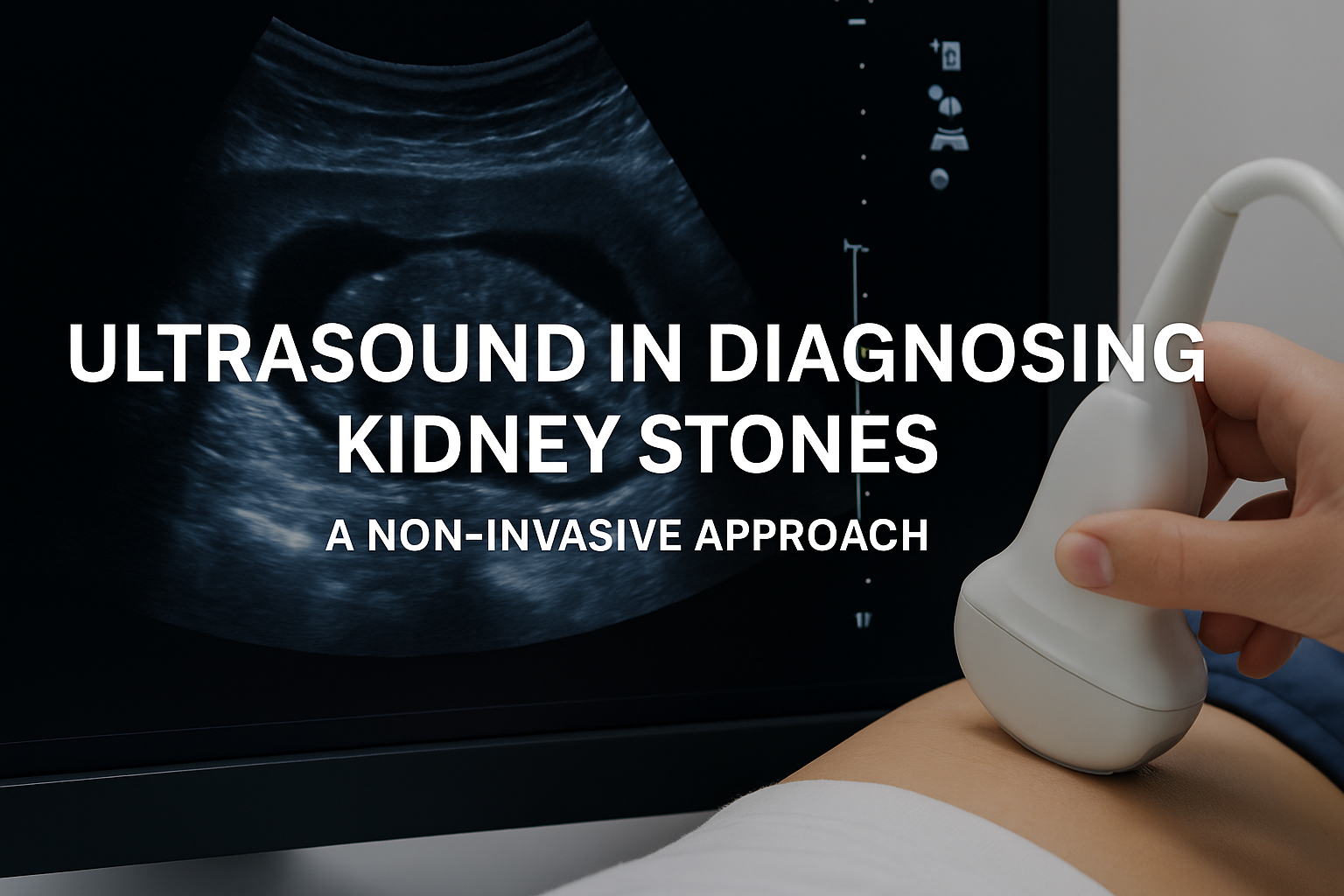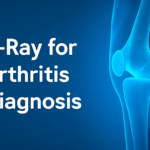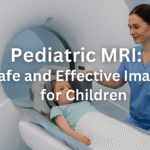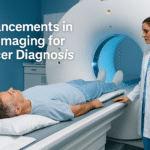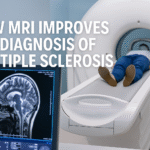Introduction
Ultrasound in diagnosing kidney stones is a highly effective, non-invasive imaging method that helps doctors detect kidney stones quickly and accurately. Unlike CT scans or X-rays, ultrasound avoids ionizing radiation, making it particularly suitable for patients who need repeated monitoring or those sensitive to radiation exposure, such as children and pregnant women. By offering real-time imaging of the kidneys and urinary tract, ultrasound aids in timely diagnosis, precise treatment planning, and ongoing management of kidney stone conditions.
Understanding Kidney Stones
Kidney stones are hard mineral and salt deposits that form in the kidneys. They vary in size and may cause symptoms such as severe flank pain, blood in urine, nausea, or urinary tract infections. Early detection is crucial, as untreated kidney stones can lead to complications like kidney damage, urinary obstruction, or chronic infections.
What is Kidney Stone Ultrasound?
Ultrasound imaging uses high-frequency sound waves to generate detailed images of the kidneys and urinary tract. This technique allows clinicians to:
- Determine the size, number, and location of stones
- Identify blockages or obstruction in the urinary tract
- Evaluate the kidney’s overall structure and function
The procedure is painless, quick, and does not require contrast agents in most cases.
Advantages of Ultrasound for Kidney Stone Detection
Ultrasound in diagnosing kidney stones provides several key benefits:
-
Non-invasive and radiation-free
Ultrasound avoids the use of ionizing radiation, making it safe for repeated monitoring.
-
Real-time imaging
Physicians can assess stone movement, blood flow, and urinary tract blockages immediately.
-
Cost-effective
Ultrasound is generally less expensive than CT scans and can be widely performed in outpatient settings.
-
Follow-up friendly
Patients with recurrent kidney stones benefit from regular ultrasounds without the risks of repeated radiation exposure.
-
Painless and quick
The procedure typically takes 15–30 minutes, with no recovery time required.
Ultrasound vs. Other Imaging Techniques
While CT scans are considered the gold standard for detecting kidney stones due to their high accuracy, ultrasound remains the preferred first-line imaging tool because of safety, accessibility, and cost.
- X-rays may fail to detect small stones or stones in certain positions.
- CT scans provide excellent detail but expose patients to higher levels of radiation.
- MRI is rarely used for kidney stones, as it is less sensitive to calcifications.
By using ultrasound as the initial test, physicians can identify stones efficiently and reserve CT scans for complex or ambiguous cases.
When is Ultrasound Recommended?
Ultrasound in diagnosing kidney stones is recommended for:
- Patients presenting with symptoms such as flank pain, hematuria, or urinary discomfort
- Individuals requiring frequent monitoring of existing kidney stones
- Pregnant women and children to avoid radiation exposure
- Patients with history of kidney disease or recurrent stones
For more detailed clinical information, visit RadiologyInfo – Ultrasound.
Preparing for a Kidney Stone Ultrasound
Preparation for an ultrasound is minimal, but patients are typically advised to:
- Drink water before the procedure to fill the bladder, improving visualization of the urinary tract
- Avoid eating large meals immediately before the scan
- Wear loose, comfortable clothing for easy access to the abdomen
How Ultrasound Improves Treatment and Recovery
Early and accurate detection through ultrasound in diagnosing kidney stones allows for better treatment planning. Depending on stone size and location, treatment options may include:
- Increased fluid intake and observation for small stones
- Medication to help dissolve or pass stones
- Non-invasive procedures such as lithotripsy
- Surgical intervention for large or complicated stones
Monitoring with ultrasound ensures stones are progressing or being removed effectively, reducing the risk of complications.
Book Your Kidney Ultrasound
At Lake Zurich Open MRI, we provide advanced ultrasound imaging for kidney stones. Our expert team ensures precise imaging in a comfortable and patient-friendly environment.

